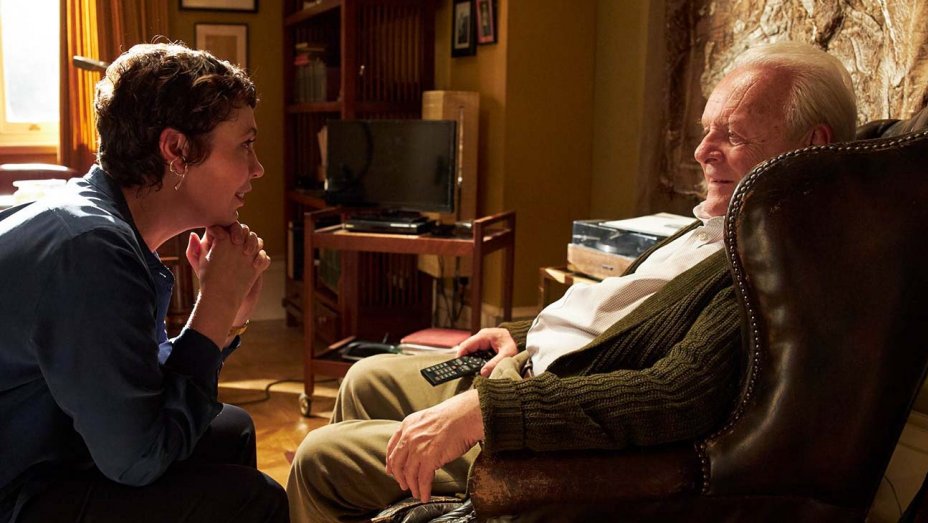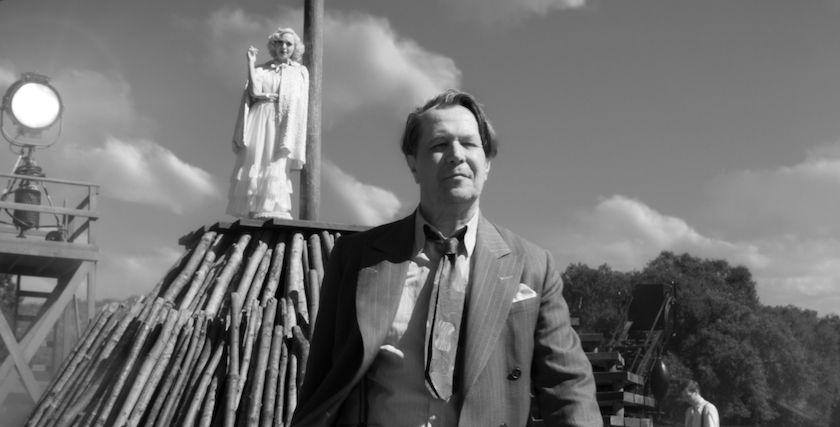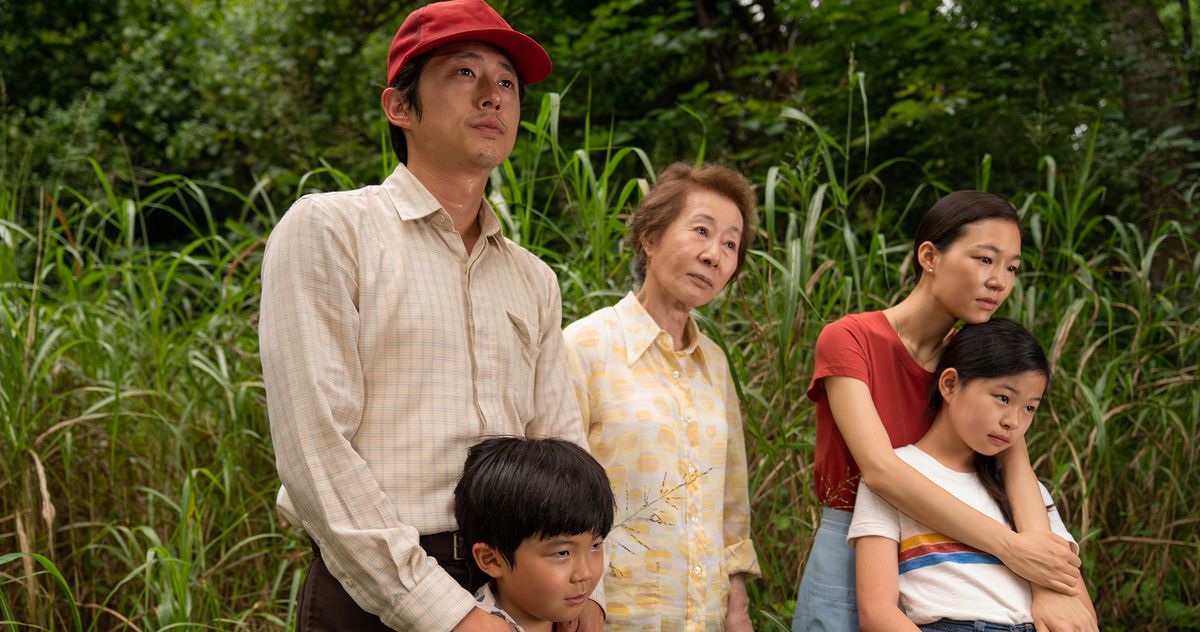4. The Father

The Father is another film that weaponizes its own inherent simplicity in order to immerse the viewer into a heartbreaking situation. While often films adapted from plays can feel overly staged and uncinematic, the nuanced alterations of production design examine the extent to which memory holds power. The blocking and poetic dialogue moments resemble familiar directions, but are framed in a way that forces the viewer to question the actuality of what they’re watching.
Anthony Hopkins is mesmerizing. While perhaps one of the greatest living actors, Hopkins is vulnerable in a way that he’s rarely reached before, and it’s powerful to see a living legend confront the reality of aging with such openness. The character is well rounded, offering hints about the moments that shaped his identity and condition, yet never catering to expectations with a monologue or moment that explains everything.
The film’s construction is perfect, removing all moments that would break from the character’s perspective. Even moments that are warm or humorous are underscored by sadness, and the clever way in which moments are bookended doesn’t distract from the emotional beats. Florian Zeller is a filmmaker of ambition who should be admired for this remarkable debut.
3. Mank

David Fincher is one of the most notoriously perfectionist craftsmen in modern cinema, and with Mank he is tasked with adapting a screenplay written by his late father. Fincher spares no expense with a gorgeous looking rendition of Old Hollywood that emulates an expressionistic world of melancholy familiar to fans of 1930s films.
Fincher approaches the impact of Citizen Kane with a surprising distance; in many ways the comprehensive nature of the film’s window of storytelling makes it about so much more than one achievement. Fincer draws parallels between Hollywood, business, addiction, corruption, and propaganda, and thus his meticulous reimagining of nostalgic Hollywood becomes an expose on the secrets buried within these classics of cinema.
Each performance is wonderfully calibrated and feels like more than an imitation of history. Gary Oldman is characteristically phenomenal as alcoholic screenwriter Herman J. Mankiewicz, and if the coldness of the title character may be an impediment for some viewers, the supporting performances from Amanda Seyfriend, Tom Pelphrey, and Lily Collins are surprisingly emotional. Mank is a must see for cinephiles and an interesting break from the stone cold crime thrillers that Fincher is known for.
2. Minari

Minari is simply beautiful. It’s a sensitive film that’s willing to find both endearing elements and faults within each one of its characters, and rarely does each member of an onscreen family member feel so removed from cliché. Lee Isaac Chung gives the film a narrative focus by centering the story on how Jacob Yi (Steven Yeun) grows a business, but the film never feels as if it is quickly rushing between plot points.
This simple theme of taking the time to notice the beauty of everyday life is made all the more effective because of its personal details; Chung based much of the film on his own experiences, resulting in a warm and often quite funny slice of life. The beautiful score by Emile Mosseri also helps retain the optimistic and observant charm.
The entire ensemble is fantastic, particularly Youn Yuh-jung as the family matriarch who balances humor and insight within the film’s most moving moments. Steven Yeun has long been one of the most underrated and inherently charismatic actors of his generation, and here has the chance to give his most naturalistic and mature performance to date. Minari is a heartwarming achievement, and it’s interesting comparing it with the #1 film, as they each have a different depiction of the reality of the American heartland.
1. Nomadland

It’s rare that the Best Picture frontrunner is not only the best film of the year but a masterpiece, but Nomadland is nonetheless both. Chloe Zhao broke through with The Rider, her ambulatory, observant exploration of the seemingly inconsequential, and the strengths of that film are all amplified by the magnitude of Nomadland’s perspective on outsider culture and the impact of the Great Recession.
This is a quiet film that avoids conforming to simple truisms or treading over territory that would feel overreaching. Seeing the life of Fern (Frances McDormand), and how certain moments and characters weave in and out of her experience, is only bolstered by Frances McDormand’s restrained, nuanced work. Just how much of Fern’s lifestyle is chosen and how much was forced upon her is the heart of Nomadland’s character study.
The film’s approach to exploring the wounds of the financial crisis isn’t assaultive, but rather insightful in how plainly the impact is felt by each character. The use of nonactors and natural lighting help Zhao to craft the authentic viewpoint that has become her signature. If Nomadland does indeed win Best Picture, it will be remembered as a win for both its relevance to the current moment and its incredible artistic merit.